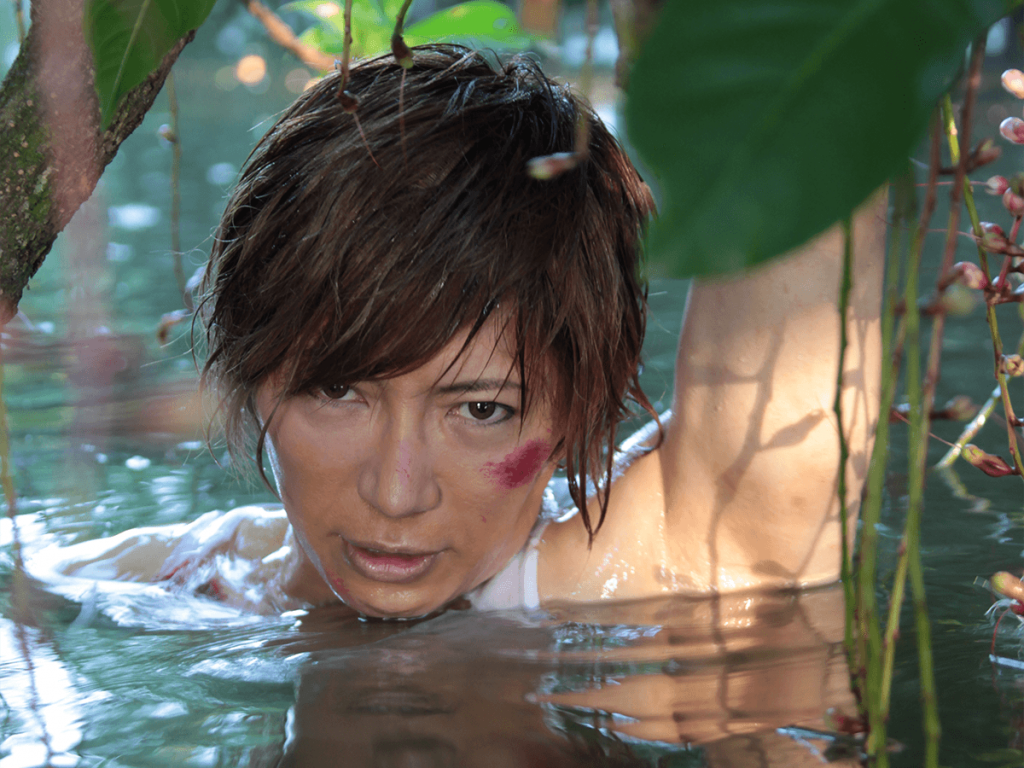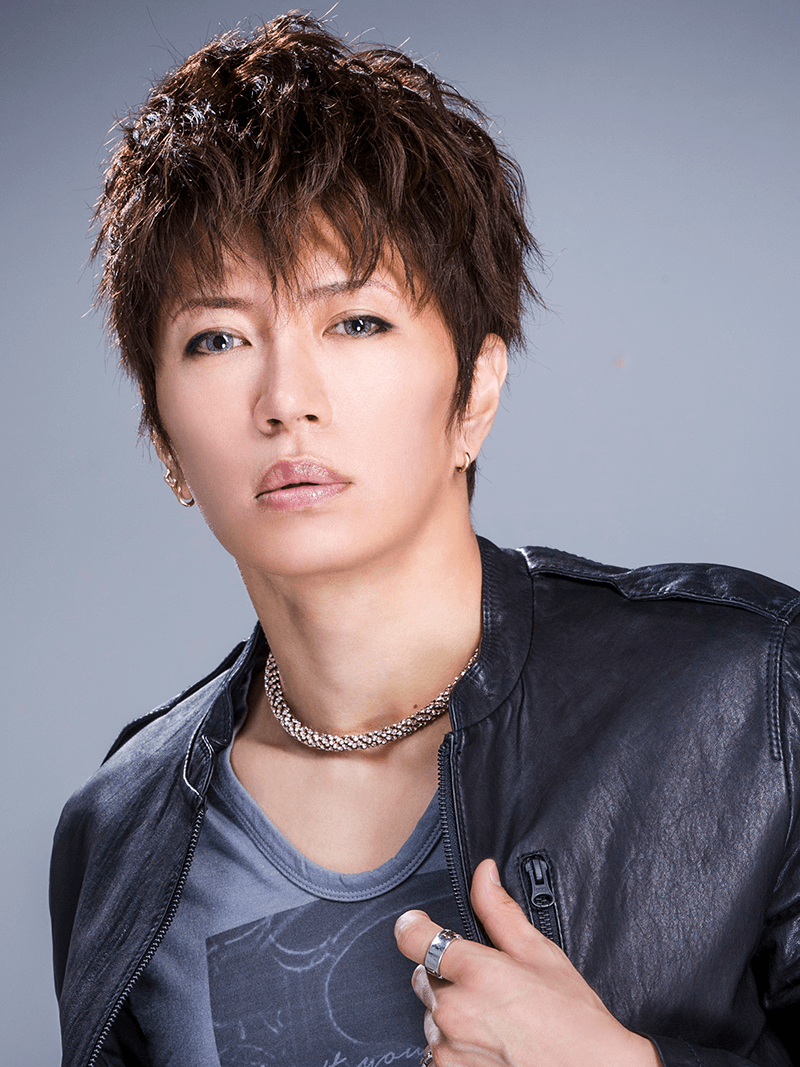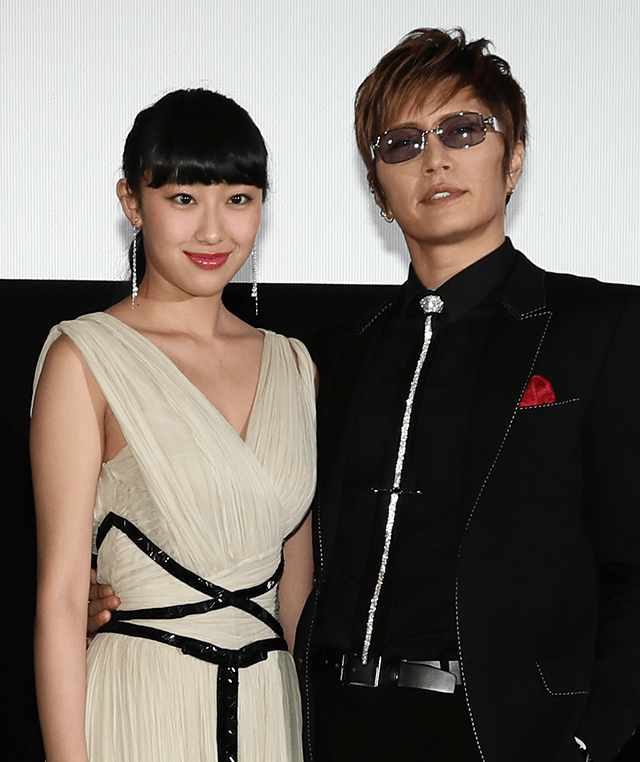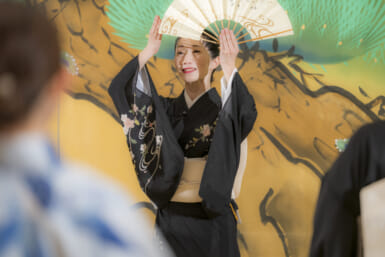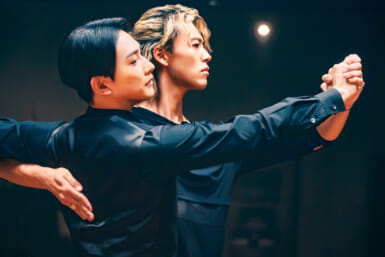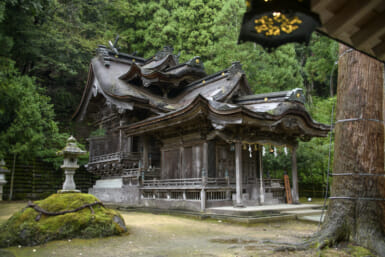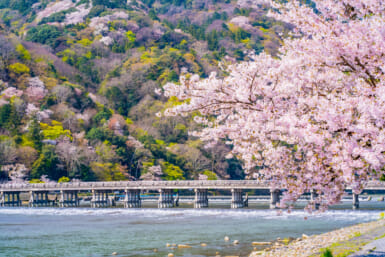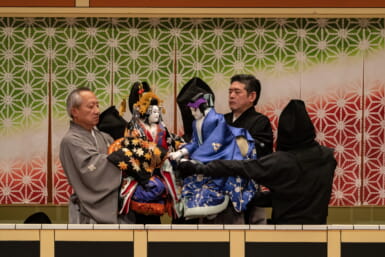The musician and actor on his new film, which is set for release this month; why people are so disconnected these days; and why he refuses to place himself in a box.
Love or loathe him, there’s no denying Gackt has a real presence when he walks into a room. A huge name in the entertainment industry who has had more consecutive top 10 hits than any solo male artist in Japanese history, he strolls in for our interview in Okinawa with a swagger, then demands quiet from his management team, before sitting down to field questions about his latest film Karanukan.
It’s his first starring role since Moon Child (a movie Gackt also wrote) back in 2003. He has focused more on his music since then, yet doesn’t see this as some kind of comeback.
“I never quit acting,” he tells us. “I’ve been in a number of films and dramas in recent years, just not as the lead. I’ve had offers, but because of music commitments I had to turn them down. Filming for Karanukan was right after I finished a tour so it was timed to perfection.”
Gackt, the Hometown Hero
Directed by Yasuhiro Hamano, it is a mysterious and spiritual story set on the idyllic island of Yaeyama in Okinawa. Gackt plays an internationally acclaimed photographer named Hikaru Ooyama who has moved away from Tokyo to be closer to nature and find something more meaningful in life. On the island, he becomes enchanted by a young girl named Maumi (Suzuka Kimura). While taking her photograph, he is struck down by a beam of light and she disappears. As Hikaru searches the island for her, his infatuation grows stronger.
“I wouldn’t say I’m similar to my character, but I can understand his way of thinking,” Gackt tells us. “He has succeeded in his profession, yet become tired of his surroundings. Like him I also don’t like big cities, though I wouldn’t go as far as to suddenly move out to the country. I’m quite a calm and settled person, whereas he is lost and restless. He left the capital to reconnect with something essential.”
“Look around Tokyo and you will see people who aren’t satisfied and basically don’t feel anything,” he continues. “It’s a sickness, not only in Japan, but around the world. As technology advances we become more disconnected from each other. The information flows from one person to another, yet there is no real communication. There’s an emptiness in people’s hearts and that is why some city dwellers choose to move to places like Iriomote [one of the main islands of Yaeyama used in the film].”
Gackt has been all over Okinawa, yet this was his first time to visit that particular area and says he was “blown away by its beauty.” Born and raised in Japan’s southernmost prefecture, he is a man who’s clearly very proud of his heritage. As well as good timing, the opportunity to work near his hometown was one of the main reasons he accepted the role in Karanukan.
“It has always been one of my ambitions to do something like this in Okinawa and give something back to the community. I think a lot of people from the island feel the same,” he says. “It’s a special and spiritual place. In a country like Japan where, on the whole, people tend to be apathetic towards religion, Okinawans are quite unique. Some, like my family, choose to venerate ancestors, while others believe there are gods all around us, in the ocean, trees, mountains and so on. Having a relationship with these gods is very natural. It’s a bit like being grateful for what we have. This kind of veneration has no detailed theory or clearly defined rituals. It is simply about a love of nature.”
Gackt as “Expressionist”
Different from the stereotypical Japanese celebrity, Gackt comes across as a deep-thinking individual who’s prepared to share his views on a wide range of topics and isn’t afraid to rock the boat. The blog he posted in 2015 about experiencing racial discrimination at a restaurant in Paris received widespread press attention, as did his criticism of the government regarding its lack of support for the entertainment industry in Japan.
The latter is an issue that still concerns him. Gackt appeared in the 2011 Hollywood film Bunraku alongside the likes of Josh Hartnett, Demi Moore and Woody Harrelson, which had a budget of $25 million. It wasn’t huge by American standards, but it was astronomical compared to most Japanese flicks, including Karanukan. The 44-year-old entertainer doesn’t expect movies here to be competing with those kind of numbers, but does believe help should be given from above to try and close the gap.
“In movies abroad, especially in Hollywood, the production and budget is large compared to anything made in Japan,” Gackt says. “Here, the schedule is tight in terms of filming days and things are generally more difficult. That doesn’t mean I don’t like working on Japanese films. It’s great collaborating with talented people who are making the best of what is a difficult situation.”
“The problem is when you look at the movie industry here as a whole. I get the impression that the profits are low and it’s getting worse. I find that very worrying. I think the Japanese government should be doing more to support entertainment industries, not only when it comes to movies, but also music as well.
Given the choice, Gackt would prefer to work on a production outside of Japan rather than anything domestic, though he admits not too many offers have been forthcoming. When he does receive them his busy schedule usually makes it impossible to accept. He tours extensively, and from the outside looking in, seems to prioritize his music above everything else. So finally, does he see himself as more of a singer than an actor?
“I do not categorize myself as either,” Gackt says. “There is no need to place oneself in a box or make career choices based on that distinction. When I’m on stage or in a film I am trying to convey my thoughts and feelings to the audience. So, in short, I wouldn’t say I was an actor or singer; I’m an expressionist.”
What’s It Like to Work with Gackt?
Suzuka Kimura, who plays Gackt’s love interest Maumi in Karanukan, admits it was a pretty daunting experience turning up for the first day of shooting. A new face in the industry, she had previously never appeared in a movie, drama or even short film before. The fact that she would be working alongside a big-name star like Gackt naturally added to the nerves.
“I was looking for modeling work and hadn’t had much, then I was told about this audition that was being held at the Okinawa International Movie Festival,” Kimura tells us. “I thought why not give it a go. There were around 700 girls, and I didn’t really feel anything would come of it, so it was a huge surprise when I got the call.”
“Doing the audition in front of all those people was pretty terrifying, but I think I was shaking even more when we started filming. Meeting Gackt for the first time was kind of surreal. Having seen him on television quite a bit, I had this impression that he would be scary. He wasn’t at all, though, and was really helpful throughout. In fact, all the cast and crew were. It was a very happy set.”
So, what did Gackt make of Kimura’s performance? “If Karanukan had been a classic film with the use of classical Japanese, it could have been harder for her as it is her very first role,” he says. “However, in this film she played a girl from Okinawa and when she spoke her intonation was different. It worked well in that context. She is only a beginner, but I believe she can mature and grow to become an important actress.”
Karanukan is on in Tokyo this month.
Main Image: © 2017 “Karanukan” Production Committee
Updated On December 28, 2022

